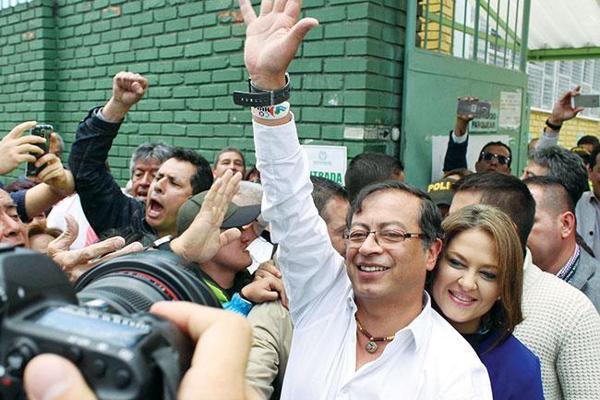Colombia right wing falls short of majority
BOGOTA - Agence France-Presse


Right-wing parties opposed to a peace deal with the FARC won historic elections in Colombia on March 11 but fell short of a majority in polls that saw the former rebels enter the Congress.
The hardliners’ victory raises questions about the future of the peace agreement signed with President Juan Manuel Santos in November 2016.
Santos said the polls were “the safest, most transparent elections” in the country’s recent history, with the FARC spurning jungle warfare for politics, and the ELN - the country’s last active rebel group - observing a ceasefire.
“This is the first time in more than half a century that the FARC, instead of sabotaging the election, are taking part in it,” he said, adding that the ELN had “respected” their ceasefire.
The Centro Democratico party of ex-president and senator Alvaro Uribe, a fierce opponent of the peace agreement, polled the most votes, winning 19 seats in the Senate and 33 in the lower house.
Centrist and leftist parties also polled strongly to deprive the right of a majority.
The peace accord with the now-renamed Revolutionary Armed Forces of Colombia (FARC) guarantees their new political party 10 of the 280 seats in the new Congress, five in the Senate and five in the Chamber of Deputies.
“It’s the first time in my life that I’ve voted and I do it for peace,” said Pablo Catatumbo, a former FARC commander who was assured a senate seat.
Under the peace accord, FARC disarmed its 7,000 fighters in order to join the political process, agreed to confess to wartime crimes and pay reparations to victims.
This infuriates many Colombians, in particular the right wing, which is vowing to win the presidential election and amend the peace deal.
